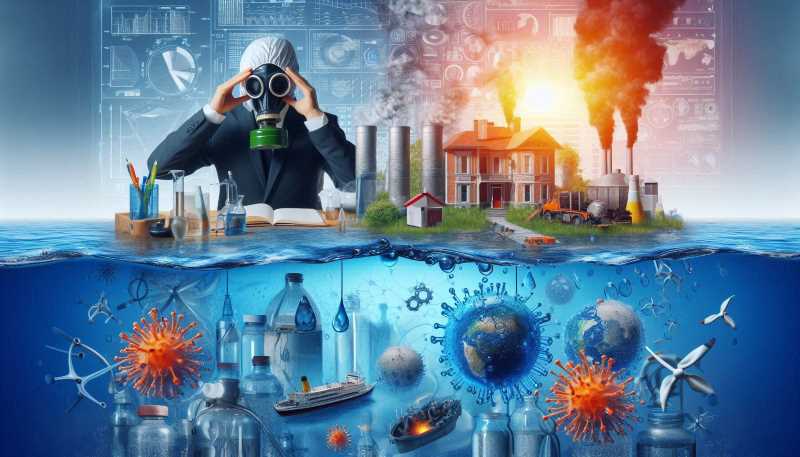Is Our World Running Out of Water? Experts Weigh In
Experts warn of severe environmental challenges, including water scarcity and pollution. The prevailing economic model is blamed for exacerbating the crisis. Urgent actions are called for to protect water resources and promote sustainable practices.

The director of the Institute of Atmospheric Sciences and Climate Change of the UNAM, Jorge Zavala Hidalgo, stated that the necessary interactions must be sought in the various areas and sectors — public, private and academic — to solve the challenge of conserving the environment, water, soil and atmosphere.
It is a challenge that cannot be faced in isolation, but with approaches and collaborations, he said at the inauguration of the 1st International Congress of Environmental Engineering that took place in the Engineering Tower of the UNAM.




